
Dibba Al-Fujairah: A Coastal Gem of the Emirates
Nestled between the rugged Hajar Mountains and the azure waters of the Gulf of Oman, Dibba Al-Fujairah is a serene coastal town in the United Arab Emirates. This charming destination offers a unique blend of natural beauty, rich history, and modern comforts, making it an ideal spot for travelers seeking both relaxation and adventure. Dibba Al-Fujairah's coastline is renowned for its pristine beaches and crystal-clear waters, perfect for swimming, snorkeling, and diving. The underwater world here is teeming with vibrant marine life and coral reefs, offering unforgettable experiences for water enthusiasts. For those who prefer staying on land, the town's picturesque harbors and fishing villages provide a glimpse into the traditional Emirati way of life. Beyond the beach, Dibba Al-Fujairah boasts a wealth of historical and cultural attractions. The Dibba Al-Hisn fort offers a peek into the region's storied past, while the nearby Al Badiyah Mosque, the oldest mosque in the UAE, is a must-visit for its historical significance and beautiful architecture. The town is also a gateway to the stunning Hajar Mountains, where visitors can enjoy hiking, rock climbing, and exploring hidden wadis and ancient sites. The local cuisine in Dibba Al-Fujairah is another highlight, with fresh seafood and traditional Emirati dishes served in many of the town's restaurants. The warm and welcoming hospitality of the locals adds to the charm, ensuring that every visitor feels at home.
Local tips in Dibba Al-Fujairah
- Visit during the cooler months from October to April for the best weather.
- Bring snorkeling gear to explore the vibrant coral reefs and marine life.
- Wear modest clothing when visiting cultural and historical sites.
- Try local Emirati dishes like grilled fish and machboos at seaside restaurants.
- Hire a local guide for hiking in the Hajar Mountains to discover hidden gems.
Dibba Al-Fujairah: A Coastal Gem of the Emirates
Nestled between the rugged Hajar Mountains and the azure waters of the Gulf of Oman, Dibba Al-Fujairah is a serene coastal town in the United Arab Emirates. This charming destination offers a unique blend of natural beauty, rich history, and modern comforts, making it an ideal spot for travelers seeking both relaxation and adventure. Dibba Al-Fujairah's coastline is renowned for its pristine beaches and crystal-clear waters, perfect for swimming, snorkeling, and diving. The underwater world here is teeming with vibrant marine life and coral reefs, offering unforgettable experiences for water enthusiasts. For those who prefer staying on land, the town's picturesque harbors and fishing villages provide a glimpse into the traditional Emirati way of life. Beyond the beach, Dibba Al-Fujairah boasts a wealth of historical and cultural attractions. The Dibba Al-Hisn fort offers a peek into the region's storied past, while the nearby Al Badiyah Mosque, the oldest mosque in the UAE, is a must-visit for its historical significance and beautiful architecture. The town is also a gateway to the stunning Hajar Mountains, where visitors can enjoy hiking, rock climbing, and exploring hidden wadis and ancient sites. The local cuisine in Dibba Al-Fujairah is another highlight, with fresh seafood and traditional Emirati dishes served in many of the town's restaurants. The warm and welcoming hospitality of the locals adds to the charm, ensuring that every visitor feels at home.
When is the best time to go to Dibba Al-Fujairah?
Iconic landmarks you can’t miss
Fairmont Fujairah Beach Resort
Experience the ultimate luxury retreat at Fairmont Fujairah Beach Resort, where stunning beaches meet world-class amenities and unforgettable dining experiences.
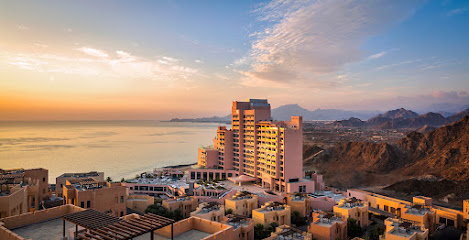
Radisson Blu Resort, Fujairah
Experience unparalleled luxury and breathtaking views at Radisson Blu Resort, Fujairah, your ultimate escape on the stunning UAE coast.
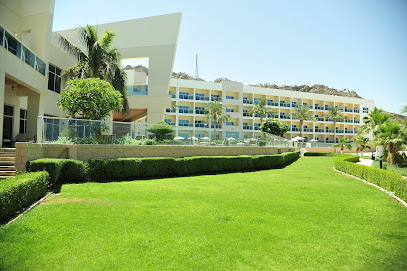
Royal Beach Hotel & Resort
Experience luxury and relaxation at Royal Beach Hotel & Resort in Dibba, Fujairah, where stunning views and exceptional service await every visitor.

FQAIT MARKET
Explore FQAIT MARKET in Fujairah for an authentic shopping experience, local cuisine, and a vibrant atmosphere that captures the essence of Emirati culture.
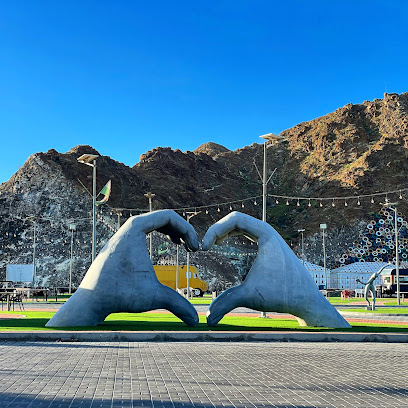
Dibba Al Hisn Beach Park
Experience the beauty of Dibba Al Hisn Beach Park, where soft sands meet crystal-clear waters in a serene coastal escape.
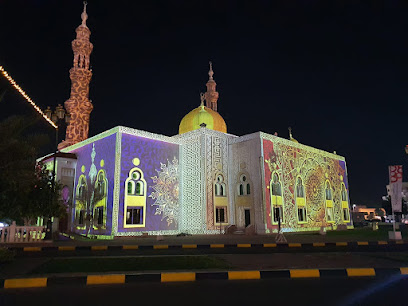
Sun and Sands discount Center
Explore unbeatable deals at Sun and Sands Discount Center in Fujairah, where shopping meets local culture in a vibrant warehouse setting.
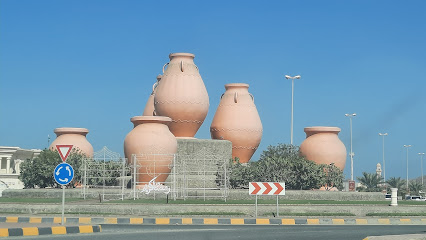
Al Hamoor Indian Restaurant
Experience the essence of India at Al Hamoor Indian Restaurant in Fujairah, where authentic flavors meet a warm and welcoming atmosphere.
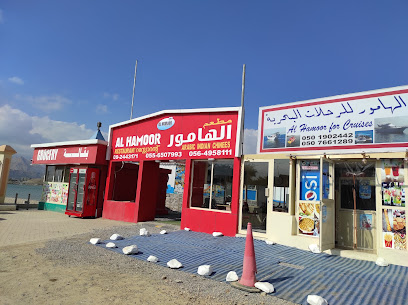
Dibba Al fujarah Port
Explore Dibba Al Fujairah Port: A Scenic Gateway to Fujairah's Coastal Wonders and Rich Maritime Heritage.
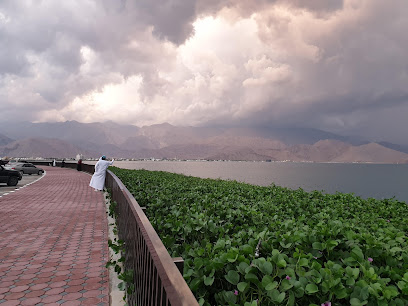
Dibba Beach
Discover the pristine beauty of Dibba Beach in Fujairah, a perfect blend of adventure, relaxation, and breathtaking scenery.
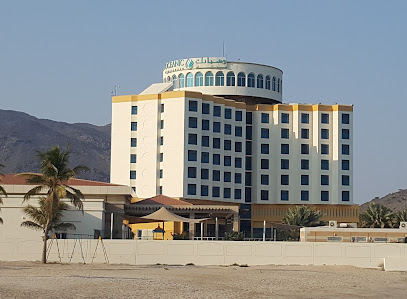
Al Aqah Beach Camping
Experience the beauty of Al Aqah Beach Camping, where adventure meets tranquility along the stunning Fujairah coastline.
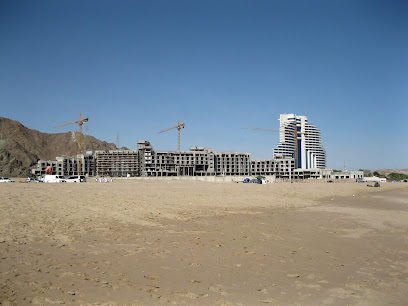
Dibba Al Fujairah Park
Explore the natural beauty and tranquility of Dibba Al Fujairah Park, the perfect escape for relaxation and family fun in Fujairah.
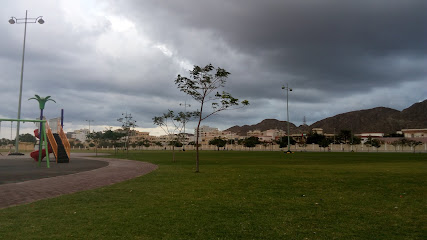
Al Hayl Fort - حصن الحيل
Explore Al Hayl Fort in Fujairah, a historical landmark surrounded by stunning mountains, offering a glimpse into the region's rich past and breathtaking views.
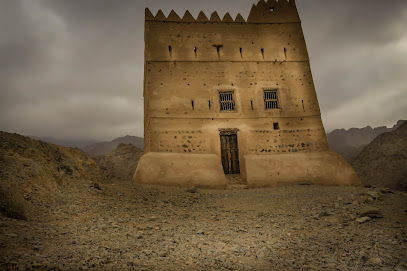
Dibba Al-Hisn Public Park
Experience the tranquility of Dibba Al-Hisn Public Park, a lush oasis in Sharjah, perfect for relaxation, recreation, and family fun.
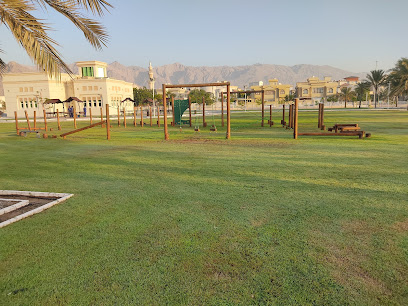
Dibba fort/park
Explore the serene Dibba Fort Park in Fujairah, where lush greenery meets historical charm amidst stunning mountain views.
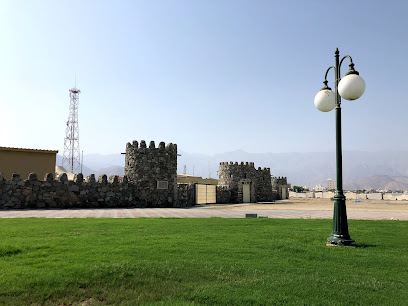
Holiday Beach Resort
Experience luxury and adventure at Holiday Beach Resort, Fujairah's premier destination for sun, sea, and relaxation.
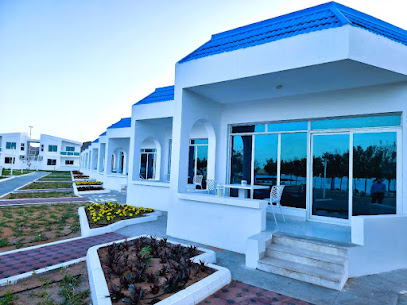
Unmissable attractions to see
Jebel Jais
Discover Jebel Jais in Ras Al Khaimah, a stunning mountain range offering breathtaking views, thrilling adventures, and unforgettable experiences in the UAE.

Khor Fakkan Beach
Experience the natural beauty and tranquil atmosphere of Khor Fakkan Beach, a stunning coastal paradise in Sharjah, UAE.
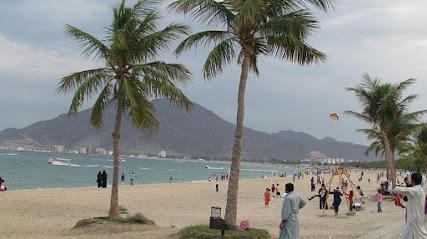
Al Bidya Mosque
Discover the rich heritage of the UAE at Al Bidya Mosque, the oldest mosque in the country, set in the stunning Fujairah mountains.
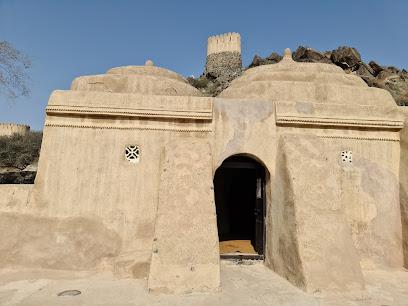
Wadi Shees
Explore the natural beauty of Wadi Shees, a serene nature preserve in Sharjah, perfect for relaxation, hiking, and enjoying the wildlife.
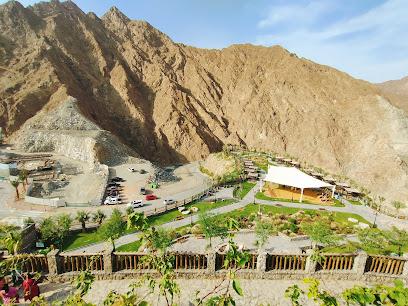
Fish Market
Explore the vibrant seafood culture at Ras Al Khaimah's Fish Market, where fresh catches meet local tradition in a lively atmosphere.
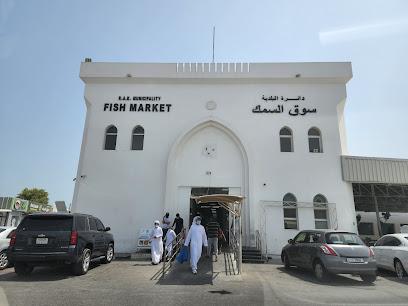
FQAIT MARKET
Discover the charm of FQAIT Market in Fujairah, where vibrant local produce meets authentic Emirati culture in a lively shopping experience.
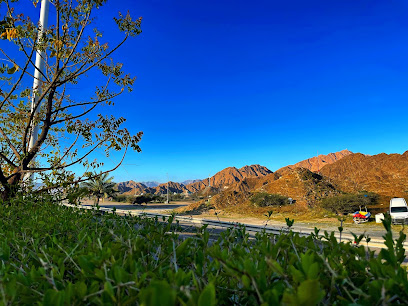
National Museum of Ras Al Khaimah
Explore the vibrant history of Ras Al Khaimah at the National Museum, featuring stunning artifacts and rich cultural narratives from the UAE's past.

Al Rabi Tower
Discover Al Rabi Tower in Sharjah - a stunning historical landmark showcasing the rich cultural heritage and architectural beauty of the UAE.
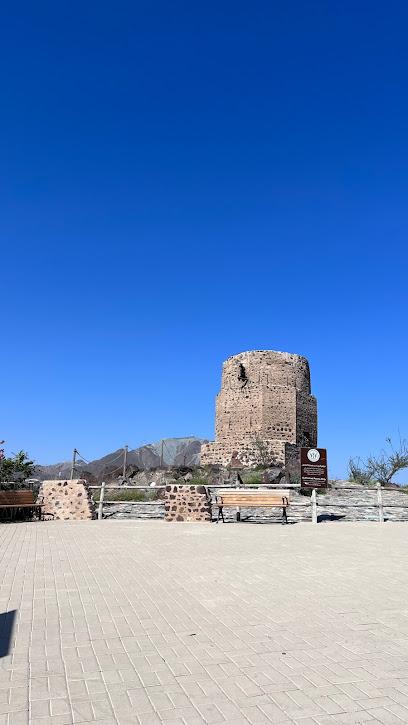
Dhayah Fort
Discover Dhayah Fort: A historical gem in Ras Al Khaimah with stunning views and rich heritage.
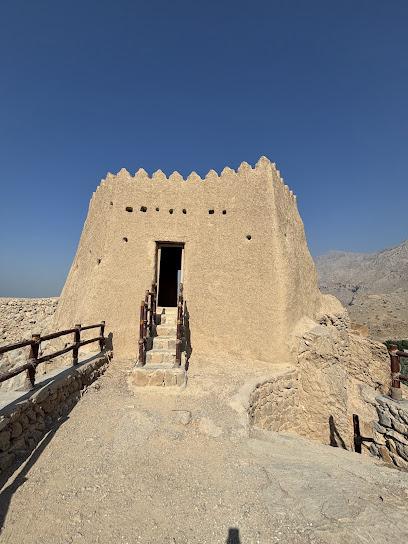
Royal Yacht Club of Ras Al Khaimah
Experience the elegance of yachting at the Royal Yacht Club of Ras Al Khaimah, where luxury meets the enchanting beauty of the Arabian Gulf.
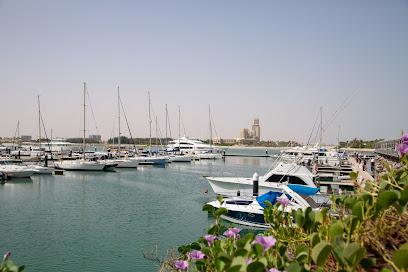
Khorfakkan Amphitheatre
Experience the cultural heartbeat of Sharjah at the Khorfakkan Amphitheatre, where stunning architecture meets captivating performances.
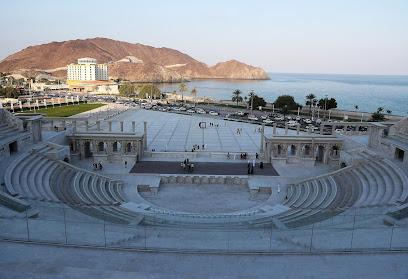
Suwaidi Pearls
Explore the enchanting world of pearls at Suwaidi Pearls in Al Rams, Ras Al Khaimah - a unique cultural experience in the UAE.
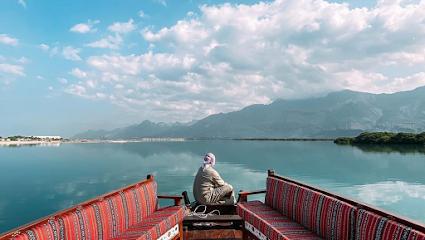
Dibba Al Fujairah Park
Experience the serene beauty of Dibba Al Fujairah Park, a tranquil oasis perfect for relaxation, family fun, and outdoor adventures in Fujairah.
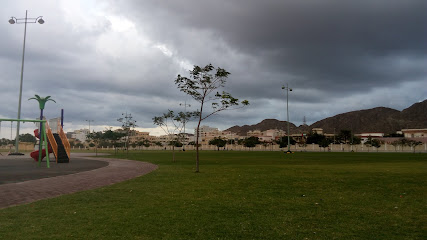
Dibba Al-Hisn Public Park
Embrace nature's beauty at Dibba Al-Hisn Public Park, a serene escape in Sharjah perfect for relaxation and family fun.
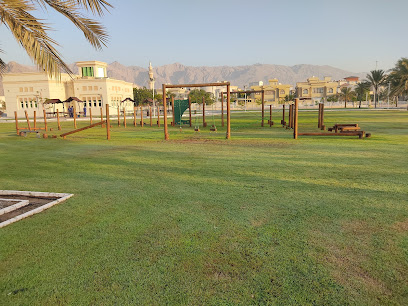
Dibba fort/park
Experience the tranquility and rich history of Dibba Fort Park, a green oasis in Fujairah that blends nature and culture seamlessly.
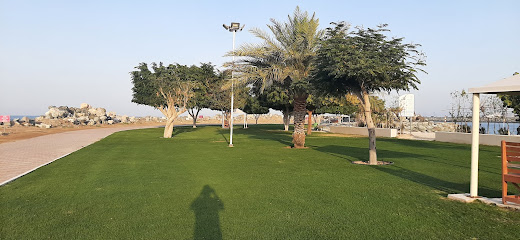
Essential places to dine
Al Nouman Restaurant & Catering
Discover authentic Middle Eastern flavors at Al Nouman Restaurant & Catering in Fujairah - where every meal is a celebration of taste.
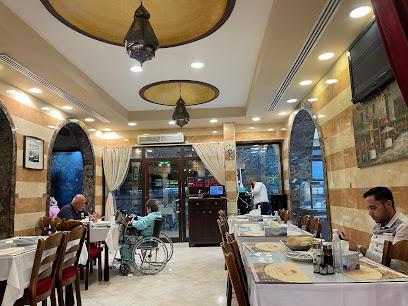
Turkish Restaurant
Experience authentic Turkish flavors at the heart of Fujairah's Al Rashidiyah with delicious shawarmas and breakfast delights.
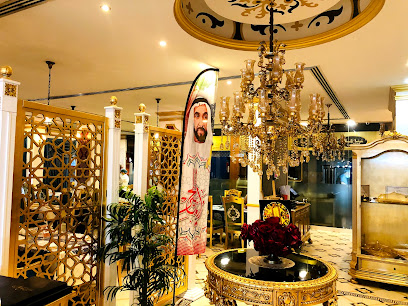
Al Hamoor Indian Restaurant
Discover authentic Indian cuisine in Fujairah at Al Hamoor Indian Restaurant – where every dish tells a story.
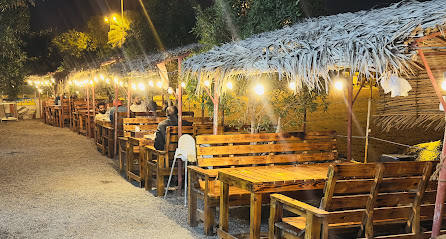
Turtle Beach - Restaurant & Bar
Experience exquisite dining at Turtle Beach - Restaurant & Bar, where coastal beauty meets culinary delight in Fujairah.
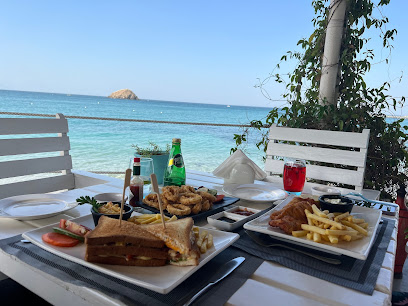
Murheb Resturant Mandi & Bukhari
Experience authentic Yemeni cuisine at Murheb Restaurant in Fujairah - where every dish tells a story of rich traditions.
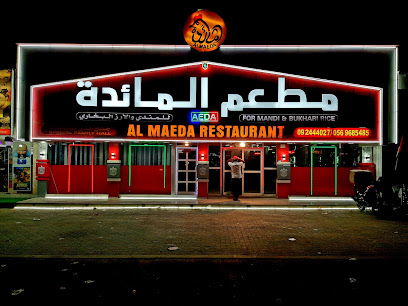
Ariana Restaurant
Experience authentic Afghani flavors at Ariana Restaurant in Fujairah – where delicious kebabs meet warm hospitality.
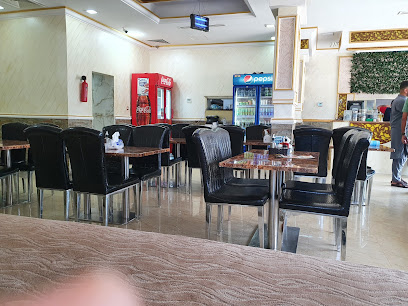
KHABER DURBAR
Experience authentic Pakistani cuisine at Khaber Durbar in Fujairah's Dibba City Center - a culinary gem waiting to be explored.
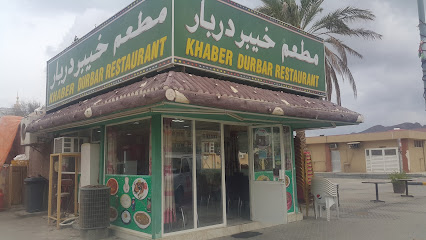
Bait Al Mandi Al Kabeer Restaurant (Dibba)
Experience authentic Yemenite cuisine at Bait Al Mandi Al Kabeer Restaurant in Dibba, Fujairah – a culinary delight awaits you!
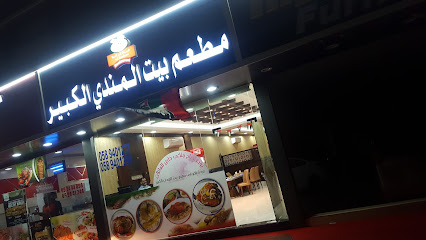
Marina Restaurant and Cafe
Experience delicious breakfasts and mouthwatering hamburgers at Marina Restaurant and Cafe in Fujairah's scenic Sambraid Park.
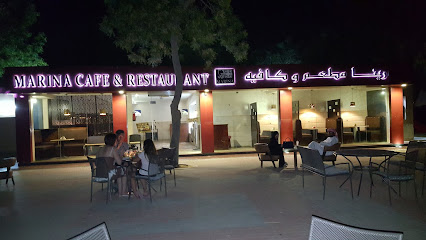
Al Jazeera Mandi Restaurant
Discover the authentic flavors of Yemen at Al Jazeera Mandi Restaurant in Fujairah – a must-visit for food lovers seeking unique dining experiences.
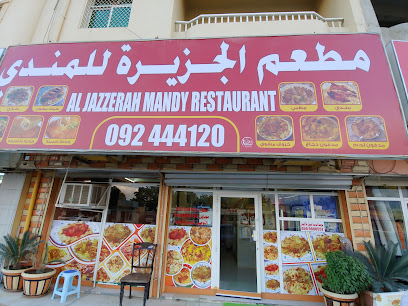
Indian spicy Restaurant
Discover authentic Indian flavors at Fujairah's Indian Spicy Restaurant - where every dish tells a story.
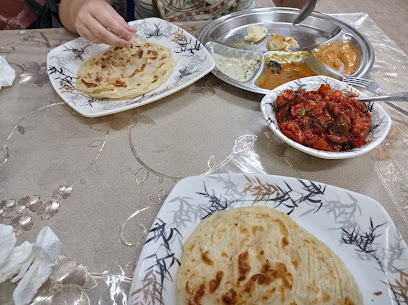
Sea Taste Restaurant -Dibba
Experience fresh seafood delights at Sea Taste Restaurant in Dibba – where every bite tells a story of culinary excellence.
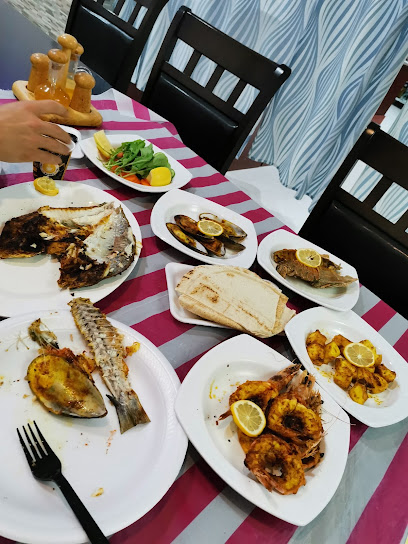
Al Rukun Al Lebnany Restaurant
Experience the rich culinary heritage of Lebanon at Al Rukun Al Lebnany Restaurant in Fujairah, where authentic flavors come alive.
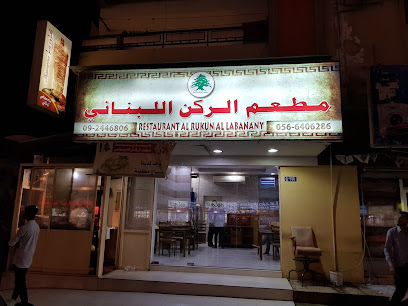
Sushi Saito
Experience authentic Japanese flavors at Sushi Saito in Dibba City Center – where every bite tells a story.
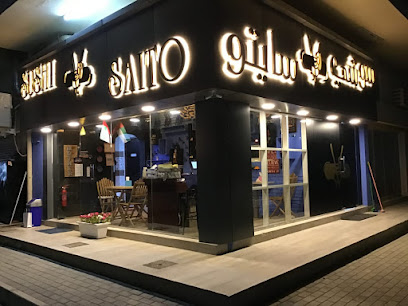
Hayah restaurant dibba Fujairah
Experience authentic Indian cuisine at Hayah Restaurant in Dibba Fujairah – where every dish tells a story.
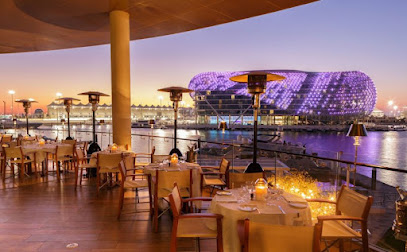
Markets, malls and hidden boutiques
LuLu Hypermarket - Dibba
Explore LuLu Hypermarket in Dibba for an extensive selection of groceries, fashion, and more, capturing the essence of local and international shopping.
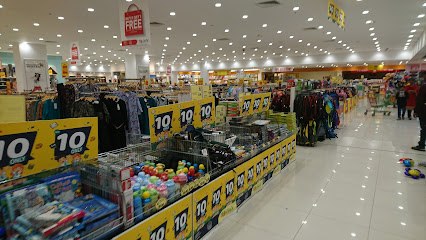
Sun and Sands discount Center
Explore unbeatable deals and a wide range of products at Sun and Sands Discount Center in Fujairah, the ultimate shopping destination for savvy travelers.
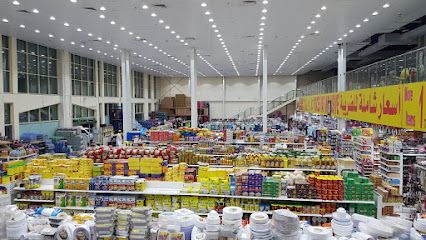
Shemeena Trading LLC - Dibba
Explore the vibrant atmosphere and diverse offerings at Shemeena Trading LLC in Dibba City Center, Fujairah's premier shopping destination.
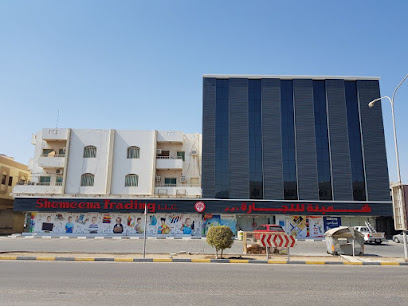
Safeer Market - Dibba
Explore the vibrant atmosphere of Safeer Market in Dibba, a supermarket offering fresh produce and local delicacies in Fujairah.
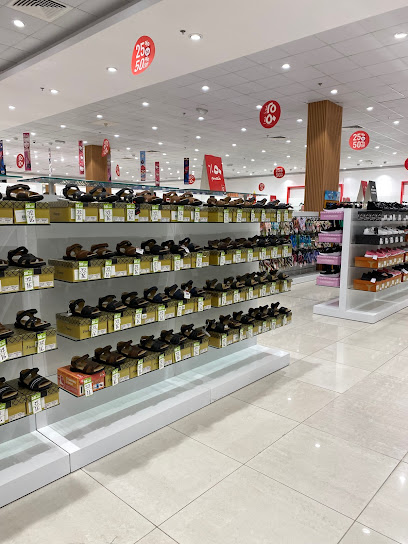
SHAPES Dibba الأشكال
Explore the latest fashion trends and styles at SHAPES Dibba, where quality meets affordability in a chic shopping atmosphere.
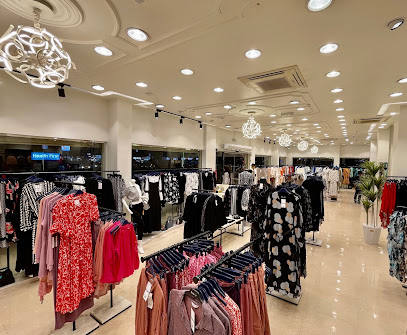
Dibba China Market
Experience the vibrant atmosphere of Dibba China Market in Fujairah, a shopper's paradise featuring diverse products and local charm.
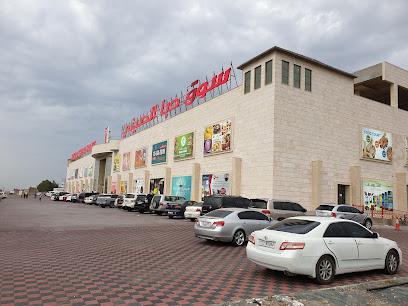
Danube Home Dibba
Explore Danube Home Dibba for the finest selection of home improvement products and expert advice to elevate your home design experience.
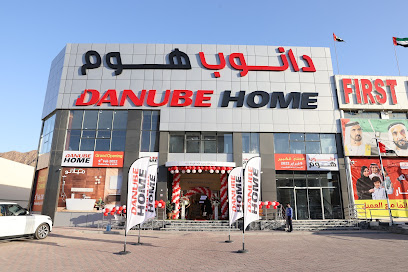
Viva market fresh market
Discover the vibrant flavors and local culture at Viva Market Fresh Market in Fujairah, a must-visit for every traveler.
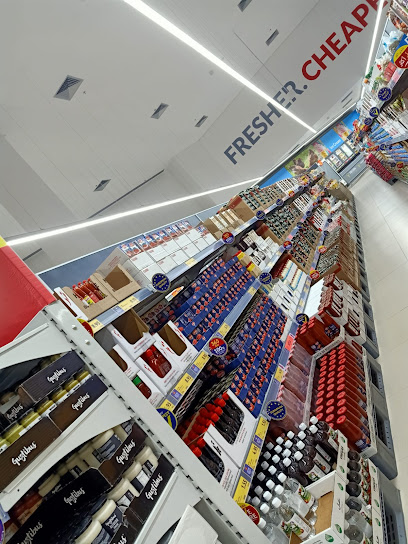
Torino Shoes Dibba Al Fujairah
Discover stylish and comfortable footwear at Torino Shoes in Dibba Al Fujairah's vibrant Rashidiya area, a must-visit for shoe lovers.
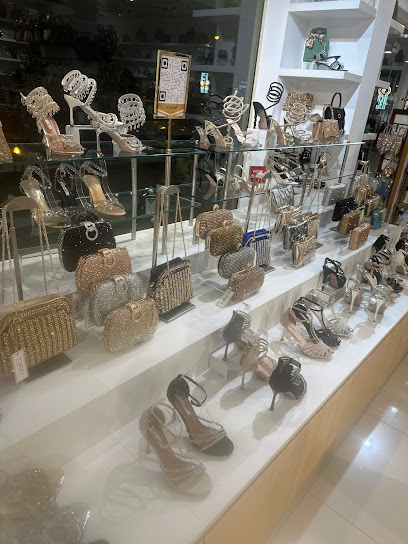
Emirates Discount Market Dibba
Explore Emirates Discount Market Dibba for unique home goods and rich local culture in the heart of Fujairah, a shopping paradise for every traveler.
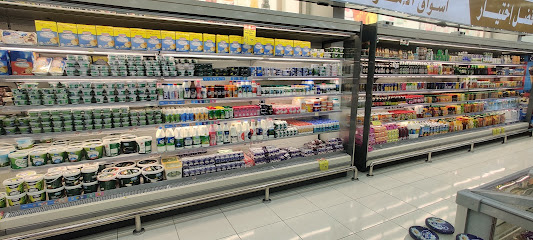
Xpressions Style - Safeer Market Dibba
Explore the vibrant Xpressions Style in Dibba for the latest in fashion accessories, cosmetics, and unique gifts that cater to every style.
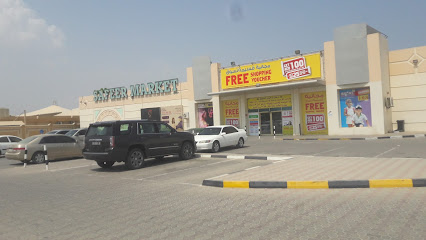
Al Noor Traders
Explore a wide range of electronics at Al Noor Traders, your go-to store for tech in Fujairah's vibrant Dibba City Center.
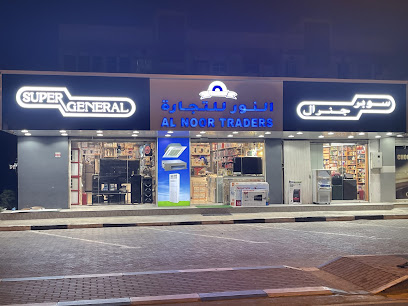
Glamorous World
Discover stylish Western apparel in Fujairah at Glamorous World, where fashion meets affordability for every traveler.
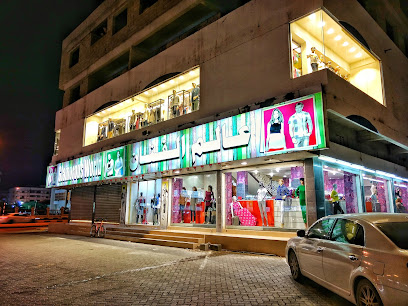
Karji Dibba Al Fujairah
Explore the captivating world of fragrances at Karji Dibba Al Fujairah, where tradition meets modern perfumery in a vibrant shopping experience.
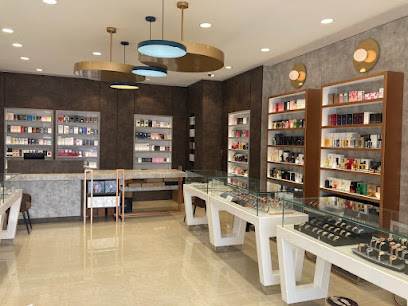
AL JEEL AL JADID CHILDRENS CLOTHES
Explore stylish and affordable children's clothing at Al Jeel Al Jadid in Dibba City Center, Fujairah, perfect for fashion-forward families.
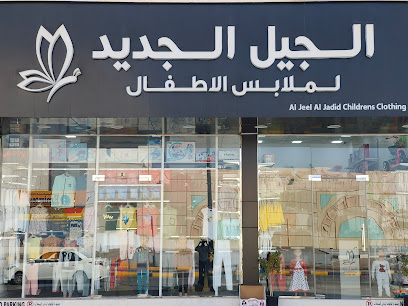
Essential bars & hidden hideouts
Fairmont Fujairah Beach Resort
Discover unparalleled luxury and breathtaking views at Fairmont Fujairah Beach Resort, the perfect retreat along the Arabian Sea.
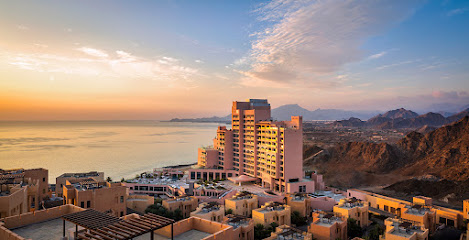
Al Nouman Restaurant & Catering
Discover the authentic flavors of the Middle East at Al Nouman Restaurant & Catering in Fujairah, where every meal is a celebration of tradition and taste.
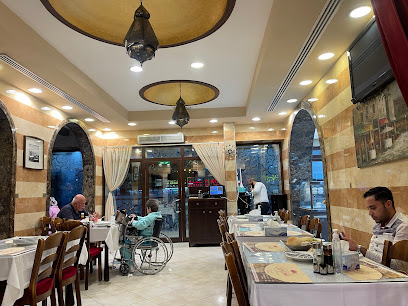
Al Hamoor Indian Restaurant
Savor authentic Indian cuisine in Fujairah at Al Hamoor Indian Restaurant, where flavor meets affordability in a welcoming atmosphere.
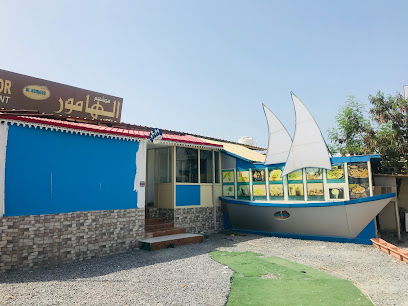
McGettigan's
Discover McGettigan's in Fujairah - an authentic Irish pub experience with delicious food, craft drinks, and vibrant entertainment.
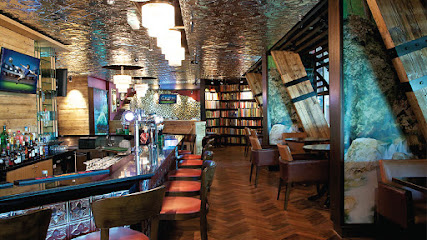
Turtle Beach - Restaurant & Bar
Discover the exquisite flavors and stunning views at Turtle Beach - a perfect blend of restaurant and bar in Fujairah.
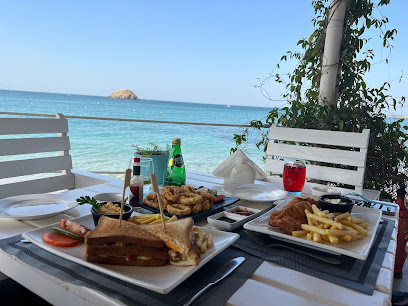
Snoopy Beach Bar
Experience the best of beachside dining at Snoopy Beach Bar in Fujairah, where grilled flavors meet stunning ocean views.
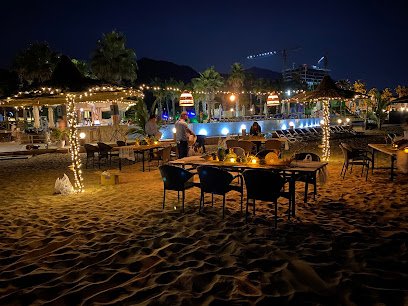
Sea Taste Restaurant -Dibba
Experience the best of Fujairah's seafood at Sea Taste Restaurant, where fresh flavors meet stunning ocean views for an unforgettable dining adventure.
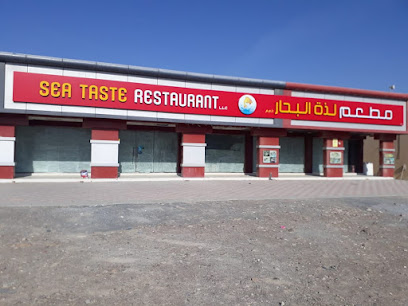
Off Road Restaurant
Discover authentic Middle Eastern flavors at Off Road Restaurant, a culinary haven in the heart of Fujairah, offering a delightful dining experience.
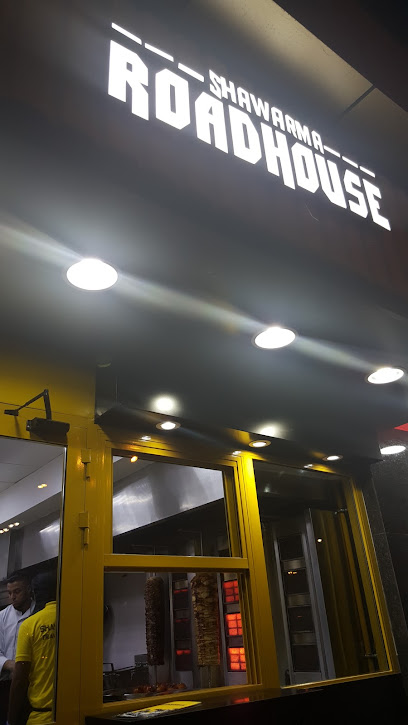
Flames on Steakhouse – Best European, North Indian, BBQ & Seafood Dining Restaurants | Fast Food & Pizza Spot Dibba, Fujairah
Savor the best of European, North Indian, BBQ, and Seafood at Flames on Steakhouse, a must-visit dining destination in Fujairah.
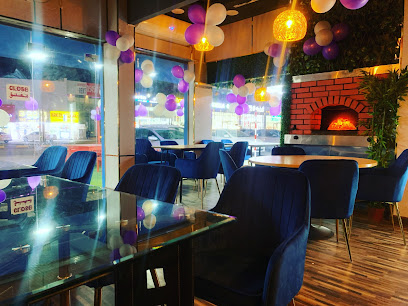
Sushi Boat
Experience the finest sushi and Japanese cuisine in Dibba at Sushi Boat, where fresh ingredients meet exceptional service.
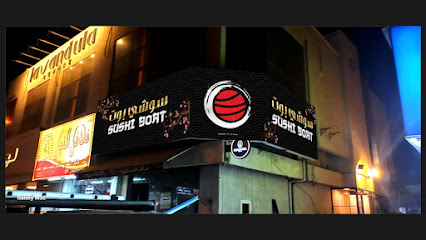
Captain Restaurant
Discover the delightful culinary scene of Fujairah at Captain Restaurant, where fresh seafood meets traditional Emirati flavors in a stunning coastal setting.
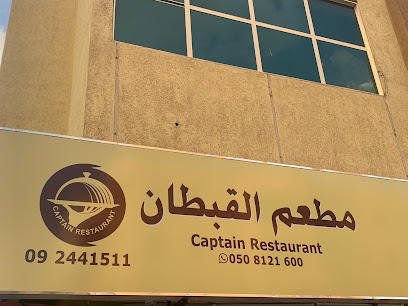
AL HARIS RESTAURANT & CAFETERIA
Savor authentic Middle Eastern flavors at Al Haris Restaurant & Cafeteria, ideally located near the Sheikh Zayed Mosque in Dibba Al Fujairah.
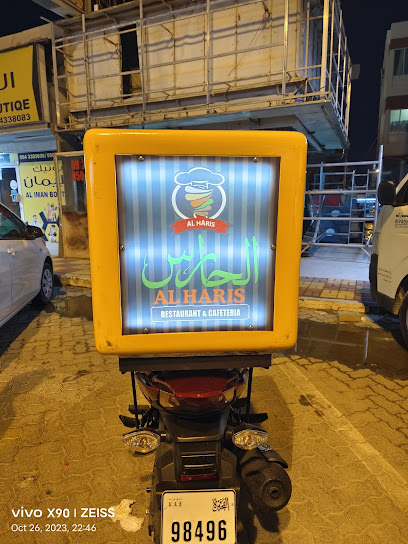
StrEAT Culture Fujairah
Discover the vibrant culinary scene at StrEAT Culture Fujairah, where local flavors meet global inspirations in a lively bar and restaurant setting.
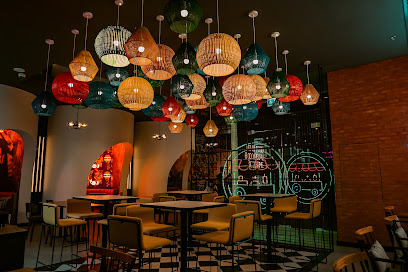
Bar Muda
Experience the vibrant atmosphere and stunning views at Bar Muda, the perfect bar to unwind and enjoy exotic cocktails on Al Aqah Beach.
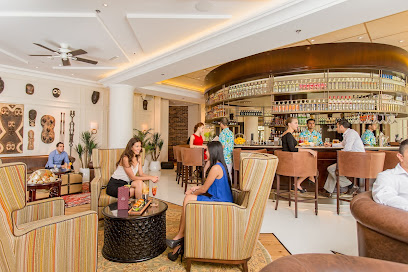
Local Phrases
-
- Helloمرحبا
[marhaban] - Goodbyeوداعا
[wadaeana] - Yesنعم
[naam] - Noلا
[laa] - Please/You're welcomeمن فضلك
[min fadlik] - Thank youشكرا لك
[shukran lak] - Excuse me/Sorryعذرا
[udhran] - How are you?كيف حالك؟
[kayf halak?] - Fine. And you?بخير. وأنت؟
[bikhayr. wa ant?] - Do you speak English?هل تتحدث الإنجليزية؟
[hal tatahadath al-inglizia?] - I don't understandلا أفهم
[la afham]
- Helloمرحبا
-
- I'd like to see the menu, pleaseأرغب في رؤية القائمة، من فضلك
[urghib fi ru'yat al-qa'imah, min fadlik] - I don't eat meatأنا لا آكل اللحوم
[ana la aakul al-lahm] - Cheers!في صحتك!
[fi sahtak] - I would like to pay, pleaseأود أن أدفع، من فضلك
[awad an adfa', min fadlik]
- I'd like to see the menu, pleaseأرغب في رؤية القائمة، من فضلك
-
- Help!النجدة!
[al-najdah] - Go away!انصرف!
[ansarif!] - Call the Police!اتصل بالشرطة!
[itassal bilshurta!] - Call a doctor!اتصل بطبيب!
[itassal batabib!] - I'm lostلقد ضللت
[laqad dalalt] - I'm illأنا مريض
[ana mareed]
- Help!النجدة!
-
- I'd like to buy...أود شراء...
[awad shira...] - I'm just lookingأنا فقط أتطلع
[ana faqat atatalla] - How much is it?كم سعرها؟
[kam sa'ruha?] - That's too expensiveهذا غالي جدا
[hatha ghali jiddan] - Can you lower the price?هل يمكنك خفض السعر؟
[hal yumkinuk khafd al-sa'ar?]
- I'd like to buy...أود شراء...
-
- What time is it?كم الساعة؟
[kam al-sa'ah?] - It's one o'clockالساعة الواحدة
[al-sa'ah al-wahidah] - Half past (10)العاشرة والنصف
[al-'ashirah wal-nisf] - Morningصباح
[sabah] - Afternoonبعد الظهر
[ba'd al-dhuhur] - Eveningمساء
[masa'] - Yesterdayالبارحة
[al-barihah] - Todayاليوم
[al-yawm] - Tomorrowغدا
[ghadan] - 1واحد
[wahid] - 2اثنين
[ithnayn] - 3ثلاثة
[thalatha] - 4أربعة
[arba'ah] - 5خمسة
[khamsah] - 6ستة
[sittah] - 7سبعة
[sab'ah] - 8ثمانية
[thamania] - 9تسعة
[tis'ah] - 10عشرة
[asharah]
- What time is it?كم الساعة؟
-
- Where's a/the...?أين ...؟
[ayn...?] - What's the address?ما هو العنوان؟
[ma huwa al-anaan?] - Can you show me (on the map)?هل يمكنك أن تريني (على الخريطة)؟
[hal yumkinuk an tarini (ala al-kharitah)?] - When's the next (bus)?متى الحافلة التالية؟
[mata al-hafilah al-taliyah?] - A ticket (to ....)تذكرة (إلى ....)
[tadhkirah (ila ....)]
- Where's a/the...?أين ...؟
History of Dibba Al-Fujairah
-
Dibba Al-Fujairah has been a significant trade hub since ancient times. Located on the eastern coast of the Arabian Peninsula, it played a crucial role in maritime trade routes linking the Arabian Gulf, Indian Ocean, and the Red Sea. Archaeological findings suggest that the area was inhabited as far back as the Bronze Age, around 3000 BCE.
-
One of the most pivotal events in the history of Dibba Al-Fujairah is the Battle of Dibba, which took place in the early 7th century. This battle was a decisive conflict during the Ridda Wars, fought between the Caliphate forces and the apostate tribes of Oman and the surrounding regions. The victory solidified Islam's hold over the Arabian Peninsula.
-
In the 16th century, Dibba Al-Fujairah came under the influence of the Portuguese Empire. The Portuguese established a foothold in the region to control the lucrative spice trade routes. They built several forts along the coast to protect their interests, remnants of which can still be seen today.
-
During the 17th century, the control of Dibba Al-Fujairah shifted to the Omani Empire. The Omanis were instrumental in driving out the Portuguese and asserting their dominance over the eastern Arabian coast. This period saw the construction of more fortifications and the flourishing of local trade.
-
In the 19th century, Dibba Al-Fujairah, like much of the Arabian Peninsula, entered into a treaty relationship with the British Empire. This period marked the establishment of the Trucial States, a group of sheikhdoms under British protection, which eventually formed the United Arab Emirates in 1971.
-
Dibba Al-Fujairah became part of the United Arab Emirates (UAE) upon its formation in 1971. As part of the emirate of Fujairah, Dibba saw significant development and modernization, transforming from a historical trading port into a thriving modern city while retaining its rich cultural heritage.
-
Dibba Al-Fujairah is home to several cultural landmarks, including ancient mosques, traditional markets (souks), and archaeological sites. The Dibba Al-Fujairah Fort, with its commanding views of the surrounding area, is a testament to the city's historical importance. The city's cultural festivals and traditional crafts, such as pottery and weaving, offer a glimpse into the rich heritage of the region.
Dibba Al-Fujairah Essentials
-
Dibba Al-Fujairah can be accessed via several routes. The nearest major airport is Dubai International Airport (DXB), which is approximately 140 kilometers away. From Dubai, you can rent a car or take a taxi to reach Dibba Al-Fujairah. Alternatively, you can take a bus from Dubai to Fujairah, and then a local taxi to Dibba Al-Fujairah. The journey by road typically takes around 1.5 to 2 hours.
-
Within Dibba Al-Fujairah, taxis are the primary mode of transportation and are relatively affordable. There are no public buses within the town, so renting a car is a good option if you plan to explore the surrounding areas. Walking is also feasible for short distances within the town. Ensure you negotiate taxi fares in advance or ensure the meter is used.
-
The official currency in the United Arab Emirates is the UAE Dirham (AED). Credit cards are widely accepted in hotels, restaurants, and larger shops. However, it's advisable to carry some cash for smaller establishments and markets. ATMs are available in Dibba Al-Fujairah, where you can withdraw local currency.
-
Dibba Al-Fujairah is generally a safe destination for tourists. Violent crime is rare, but petty crimes like pickpocketing can occur in crowded areas. It's best to avoid isolated areas at night and always be aware of your surroundings. There are no specific high-crime neighborhoods targeting tourists, but it is always wise to stay vigilant.
-
In case of emergency, dial 999 for police, ambulance, or fire services. Dibba Hospital is available for medical emergencies. It is recommended to have travel insurance that covers medical emergencies. For minor health issues, pharmacies are available where you can purchase over-the-counter medications.
-
Fashion: Do dress modestly. Men should avoid sleeveless tops, and women should cover their shoulders and knees. Avoid wearing revealing clothing in public places. Religion: Do respect local customs and traditions. When visiting mosques, dress conservatively and remove your shoes before entering. Public Transport: Do be respectful and courteous to drivers and fellow passengers. Taxis are the primary mode of public transport. Greetings: Do greet people with a handshake, but note that men should wait for women to extend their hand first. Eating & Drinking: Do try local delicacies and accept food offerings graciously. Avoid eating or drinking in public during Ramadan.
-
To experience Dibba Al-Fujairah like a local, visit the local markets and try fresh seafood, which is a specialty of the region. Engage with locals, who are often friendly and willing to share insights about the area. Don't miss visiting the Dibba Al-Hisn fort for a glimpse into the region’s history. Consider taking a dhow cruise to explore the picturesque coastline and enjoy water activities like snorkeling and diving.
Trending Landmark in Dibba Al-Fujairah
-
Fairmont Fujairah Beach Resort
-
Radisson Blu Resort, Fujairah
-
Royal Beach Hotel & Resort
-
FQAIT MARKET
-
Dibba Al Hisn Beach Park
-
Sun and Sands discount Center
-
Al Hamoor Indian Restaurant
-
Dibba Al fujarah Port
-
Dibba Beach
-
Al Aqah Beach Camping
-
Dibba Al Fujairah Park
-
Al Hayl Fort - حصن الحيل
-
Dibba Al-Hisn Public Park
-
Dibba fort/park
-
Holiday Beach Resort
Nearby Cities to Dibba Al-Fujairah
-
Things To Do in Khor Fakkan
-
Things To Do in Ras Al Khaimah
-
Things To Do in Fujairah
-
Things To Do in Khasab
-
Things To Do in Umm Al Quwain
-
Things To Do in Ajman
-
Things To Do in Sharjah
-
Things To Do in Dubai
-
Things To Do in Sohar
-
Things To Do in Al Ain
-
Things To Do in Abu Dhabi
-
Things To Do in Ibri
-
Things To Do in Rustaq
-
Things To Do in Muscat
-
Things To Do in Bahla








